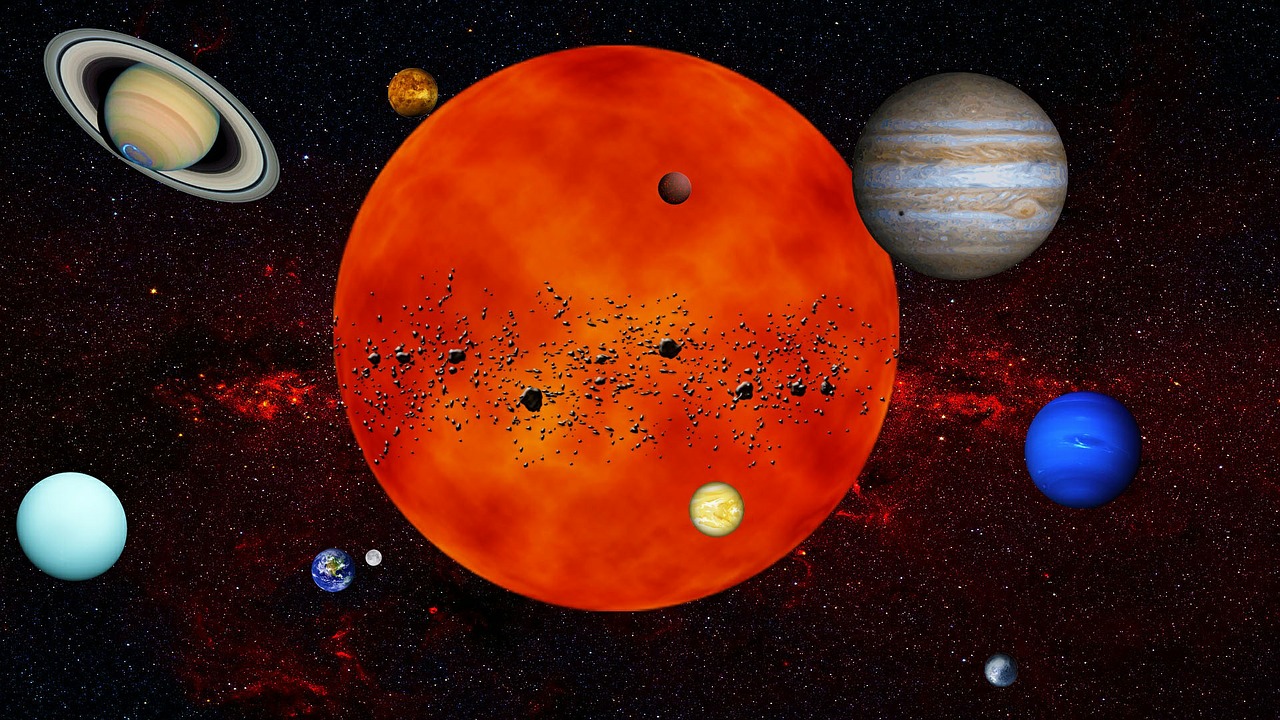Our Solar System Might Have a Ninth Planet, and It’s Not Pluto

Almost two decades ago, in 2006, Pluto was officially recognized as the ninth planet of our Solar System. Meanwhile, scientists changed the definition of the word ‘planet,’ and the little remote rock from the boundaries of our Solar System didn’t fit in anymore.
But unfortunately or not, not everybody knows that the Oort Cloud is also part of our Solar System, theoretically speaking. This ‘cloud’ consists of numerous icy bodies that exist farther away from the Sun than any of the planets and Pluto. However, that might be the place where astronomers should look for the ninth planet in our Solar System.
There’s a 7 percent chance for a ninth planet lurking in the Oort Cloud
According to indy100, scientists calculated that there’s a slight chance for a ninth planet from the Sun to exist in the Oort Cloud. Considering that the ‘cloud’ surrounds our Sun and is placed somewhere between 2,000 and 100,000 AU from our star.,in other words, the ninth planet from our Solar System has a much higher orbital path around the Sun than any other planet.
Malena Rice, who’s an astronomer from MIT, stated, as indy100 quotes:
If a Neptune-sized planet existed in our own Oort cloud, there’s a good chance that we wouldn’t have found it yet,
Amazingly, it can sometimes be easier to spot planets hundreds of light-years away than those right in our own backyard.
Currently, the farthest recognized planet from our Sun remains Neptune, which has an orbital period of 165 years. In other words, you may need to look for a way to move to Neptune if you wish to live longer. You’ll just have to bring some warm clothes along since it’s incredibly cold there.
Earth remains the third planet from the Sun, and it’s the only known planet to harbor life.
0 comments